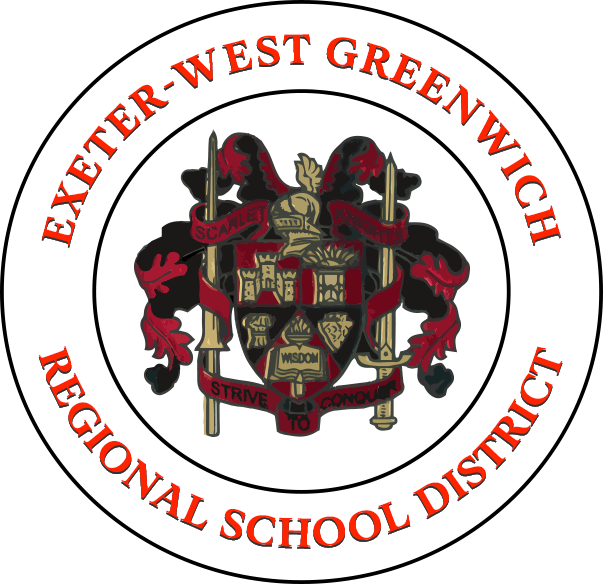VISION STATEMENT
MAKING "CHALLENGE TO LEARN" A REALITY
Our school system will reflect its mission when every member of our community works collaboratively to take responsibility for the success of our students. Our school system will reward and encourage those who accept challenges, who try to achieve what others thought impossible, and who accept and embrace growth and advancement.
Our classrooms will be places where: all students face challenging, high quality curriculum; students have multiple opportunities and means to master material and demonstrate their mastery; students are presented material in the way that best facilitates their learning; and learning is connected to the larger world through experiences that are personal, not limited by school walls, and have applications beyond school.
Our schools' relationship with its community will be marked by: students, parents and teachers who understand expectations; school performances that are varied and diverse; high profile events that celebrate achievements; support for understanding what schools do; and, relationships that we point to with pride.
Our systems will move us closer to our mission when: all grades, programs, and disciplines work together in a coordinated effort; we benchmark ourselves against standards and others who do well; we actively support and encourage adult and student learning; technology is an integrated part of learning; and professional development is focused on student achievement.
We will know our school system is successful when: increasing numbers of students successfully complete it; our students perform well on measurements of achievement; groups of students who had not done well improve their performance; and students completing our system reflect increasing aspirations.
These are examples of what we will see as we reach our vision:
New material is connected to prior learning and those connections replace review of what was already presented.
The achievement of groups of students who have historically performed poorly rises to approach that of all other students.
Grading policies support students who attempt challenging material.
Samples of student work that meet standards are shared with the community in various ways.
Schools hold periodic presentations for parents and the community on how students are performing and how the school is responding.
Students have opportunities to revise their work.
Instruction is differentiated so that students have multiple ways to acquire knowledge.
The work of students is used to evaluate effectiveness of our school system.
Staff members model for each other what has been found to work well.
Staff members collegially observe, coach and mentor each other to support improvement.
Increasing numbers of successful students are evident.
